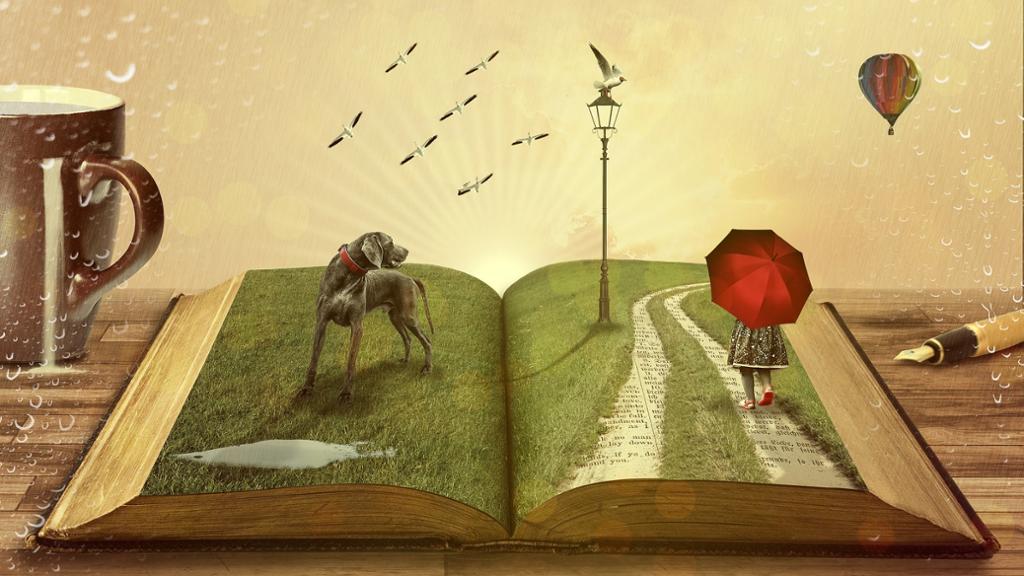Tasks: Fiction is freedom by Matt Haig

Understanding the text:
Write down your answers to the following questions.
What do you think the author means when he says that the characters in the books he read as a child were real friends?
What do you think he means when he says that fictional worlds are "an escape from reality but not from the truth"?
What do you think he means when he describes reading as "a deeply social activity"?
The author claims that people today are encouraged to want extreme and intense experiences. Do you agree?
The author quotes the Buddhist monk Thích Nhất Hạnh who says that "true happiness is based on peace". Do you agree with Thích Nhất Hạnh? Do you think the author agrees with him?
What is the overall message of the text?
Work with a partner or in a group. Answer the questions.
What are the best works of fiction you have read? What made them good?
What do you prefer to read: fiction or non-fiction?
What do you prefer: to read yourself, to listen to an audio-book, or to watch a film adaptation of a book? What is the difference between these three experiences?
What are your best strategies to escape stress and feel calm?
Take a look at the statistics below. What is your reaction to these numbers? Why do you think the numbers drop so significantly? Why is there a difference between boys and girls?
Numbers from Scholastic show that:
54% of all children between 6 and 8 read books for fun 5–7 days a week; for teenagers between 15 and 17 the equivalent number is 17%
68% of teenagers between 15 and 17, know that they should read more books for fun
80% of children between 6 and 8 like reading books for fun. After this age, reading enjoyment drops significantly to 43% for teenagers between 15 and 17
41% of girls read books for fun 5–7 days a week, compared to 27% of boys
Work in groups.
Each member of the group uses the school library or the internet to find two novels in English.
Select the first 200–250 words from the beginning of each novel (adapt to fit the paragraphs in the books).Read from the books to the rest of the group.
Discuss: does the beginning of each book make you want to read more? Explain why/why not. (Make sure the answer is related to what you have read, and not just a general personal preference like "I never read books".)
Pick one of the tasks and write a longer text.
You have been invited to speak to a year 7 class about the importance of reading. Write the speech.
Write an analysis of Matt Haig's text where you look at the language features and literary devices that are used in the text. Consider how they contribute to conveying the theme and message of the text.
Draw inspiration from Matt Haig's text and write a text about how we can create space for ourselves and manage stress.
Write a satirical text with the title "Why Reading is Bad for You".
In groups, discuss the following statements.
High school pupils do not read enough in school. At the start of every school day, there should be a 20-minute mandatory reading session.
In high school, pupils should read at least one novel per month and they should have to read two novels as homework over the summer.
Reading a lot is the best path to securing a high-paying job.
You should only read the books you want to and that you choose yourself.
Reading fiction is a good way to reduce stress.
If you don't enjoy reading, it is just because you haven't found the right book yet.
Related content
Fiction is freedom is an excerpt from the book Notes on a Nervous Planet by Matt Haig.